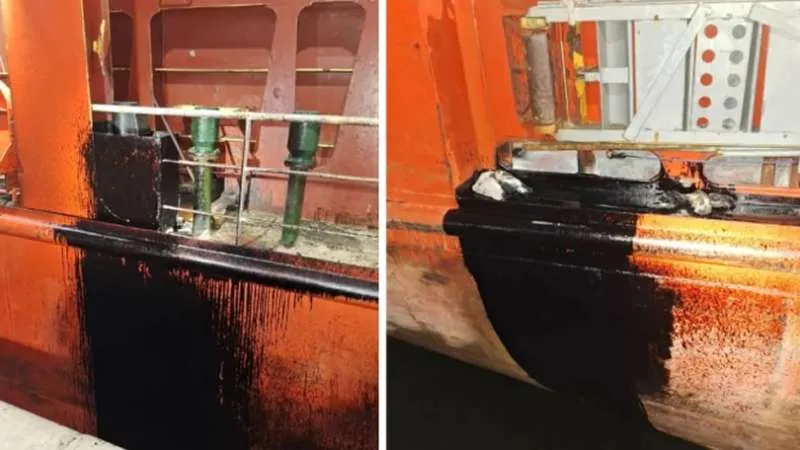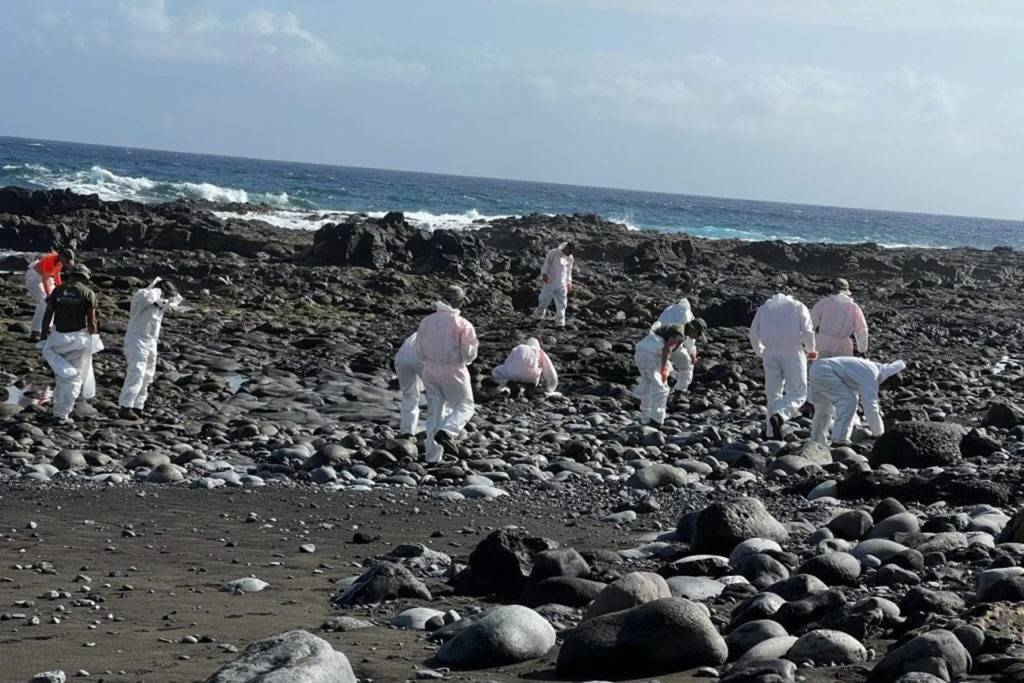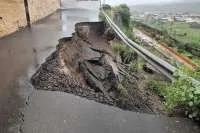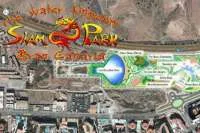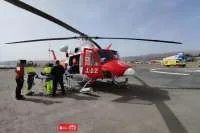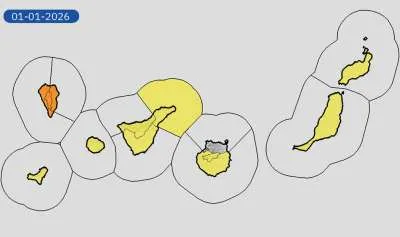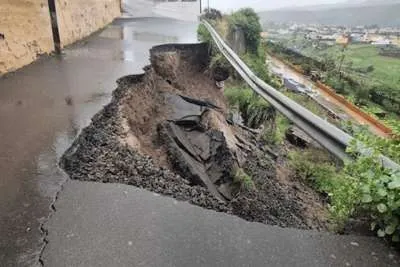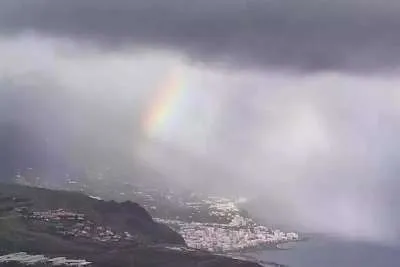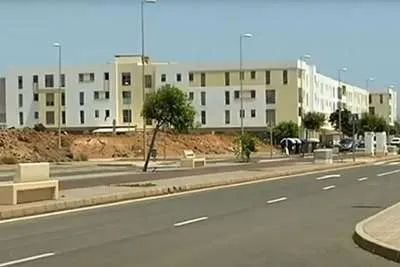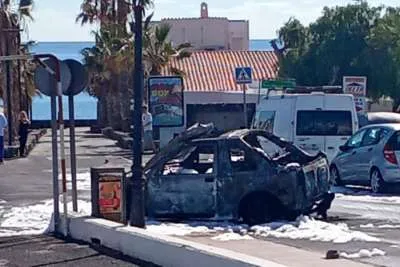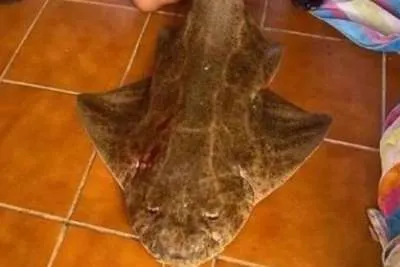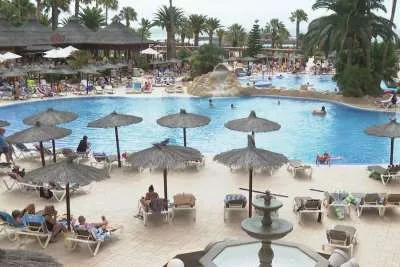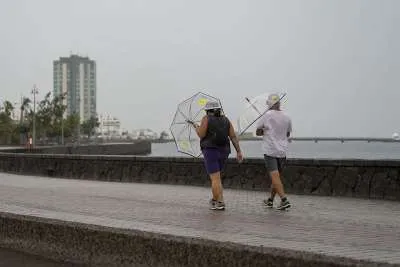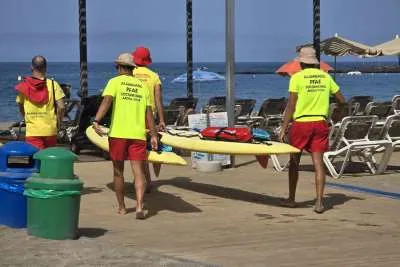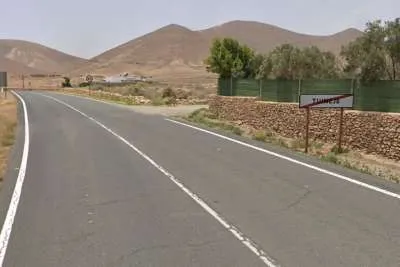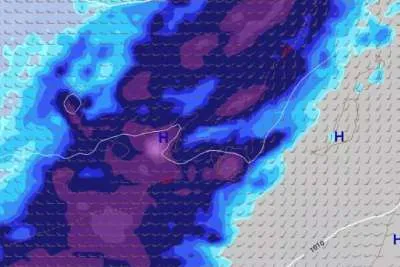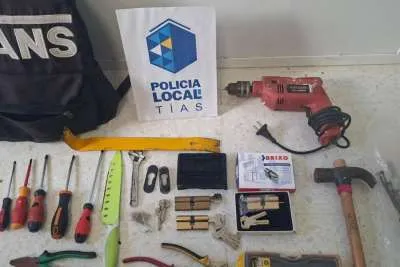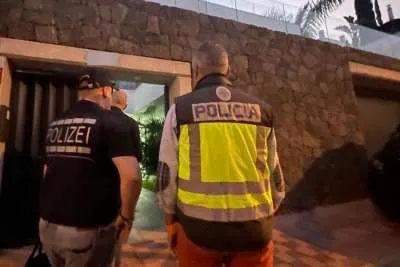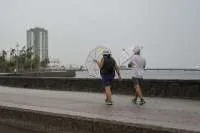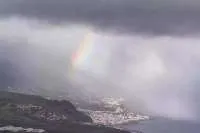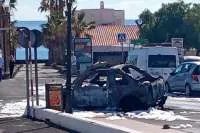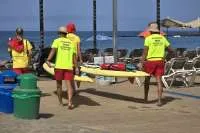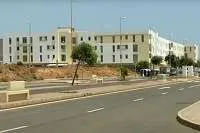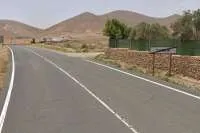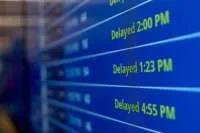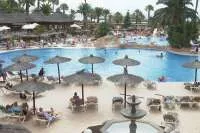State of Emergency in Gran Canaria ends as oil spill cleanup progresses
- 08-09-2024
- Gran Canaria
- Canarian Weekly
- Photo Credit: Gobierno de Canarias
The Canary Islands Government has announced that it will end the state of emergency for the oil spill off the coast of Gran Canaria tonight, Sunday, at 8:00pm. This decision comes after significant progress in the cleanup operation along the coastline and a positive assessment from aerial reconnaissance by both regional government aircraft and Maritime Rescue, which report no visible traces of fuel or oil in open water and a marked reduction of pollution along the shore.
The emergency, classified as Level 2 under the Territorial Emergency Plan (PLATECA), was initially declared following a spill of approximately 1,800 litres of IFO 180 fuel oil on Wednesday night at the Port of La Luz and Las Palmas. The spill affected several beaches in Telde and Las Palmas de Gran Canaria.
During a meeting chaired by Fernando Figuereo, the Director General of Emergencies, the advisory committee for the emergency reviewed the situation based on analyses from various expert agencies, including the Spanish Institute of Oceanography, the CSIC, AEMET, and PLOCAN. They confirmed that coordinated efforts and resources have been effectively deployed to assess and control the spill's impact.
Continued Monitoring and Cleanup
Despite the end of the emergency status, monitoring of the coast will continue this week, focusing on potential returning currents along the south and southeastern coasts.
Cleanup operations continued throughout today, especially in Telde, where two cubic metres of waste were collected, including 50 kilograms of fuel-soaked rocks. These efforts were concentrated on areas between La Restinga Beach and the mouth of the Barranco Real.
Although progress has been made, four beaches—La Restinga, San Borondón, Bocabarranco, and Palos—remain closed to the public as cleanup operations continue.
Extensive Multi-Agency Response
A total of 73 personnel participated in the emergency response, which included teams from the Canary Islands Government, CECOES 112, the Port Authority of Las Palmas, and affected municipalities.
Aerial support was provided by emergency helicopters, while Maritime Rescue vessels played key roles in initial containment and control efforts. Additionally, the terrestrial response involved operatives from Gesplan, the fire brigade, and volunteers from Civil Protection units across Gran Canaria.
The boat responsible for the spill can’t leave Las Palmas
The Maritime Authority has detained the Liberian ship Akhisar, which is responsible for the fuel spill that happened during fuel transfer operations, not allowing it to leave Gran Canaria until the owners pay €340,000 damages.
€200,000 of this will be reserved for the administrative fine that will be determined in an upcoming sanctioning process. The remaining €140,000 is intended to cover expenses to clean up the spill. Until this amount is deposited with the General Treasury Deposit Box, the Akhisar will be barred from leaving the Port of Las Palmas.
